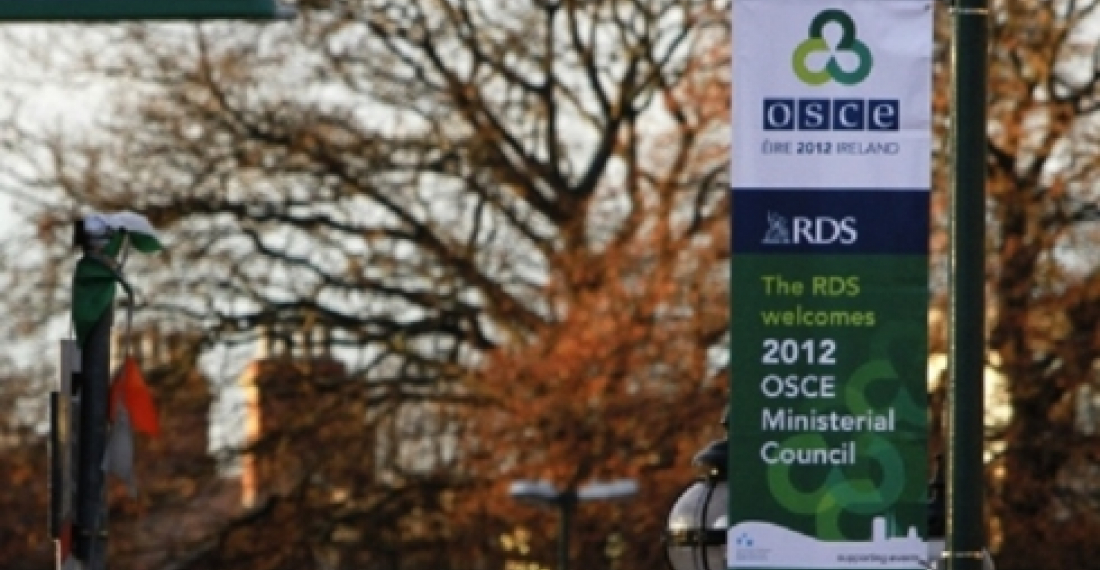Дипломаты от 57 государств-членов Организации по безопасности и сотрудничеству в Европе соберутся в Дублине на 19-й министериал Организации, который должен начаться в четверг.
Ежегодный министериал является возможностью для государств-членов организации рассмотреть ряд вопросов из регионов ОБСЕ, которые простираются от Ванкувера до Владивостока. В этом году впервые в качестве полноправного члена после того, как в ноябре была принята в качестве члена организации, в министериале примет участие Монголия.
Нагорный Карабах включен в повестку дня встречи, и также ожидается обращение министров иностранных дел стран-членов ОБСЕ к сторонам конфликта к более конструктивному мирному процессу. И Армения, и Азербайджан подтвердили, что их министры иностранных дел примут участие в совещании в Дублине. Однако, пока еще не ясно, проведут ли министры иностранных дел двусторонние встречи во время данного мероприятия. Со стороны стран-сопредседателей Минской группы ОБСЕ существует желание провести такую встречу.
Политический редактор Commonspace.eu сообщает, что "ОБСЕ находится в фазе самоанализа, так как критика об эффективности организации и о том, как она работает только усиливается. С 1994 года после изменении, которые превратили Совещания по безопасности и сотрудничеству в Европе (СБСЕ) в полноценную международную организацию, у нее было несколько крупных успехов. Ее неспособность предотвратить российско-грузинскую войну в 2008 году, учитывая, что она была ведущей международной организацией, работающей по осетинскому вопросу, часто приводится в критику ей. В Дублине участники попытаются направить ОБСЕ на новые перспективы, но разворот этот будет длительный процесс."
Источник: commonspace.eu
Фото: Флаги у места проведения 19-го Министериала ОБСЕ в Дублине (фото любезно предоставлено www.osce.org)
Commentary
Встреча ОБСЕ определит будущие перспективы организации.






